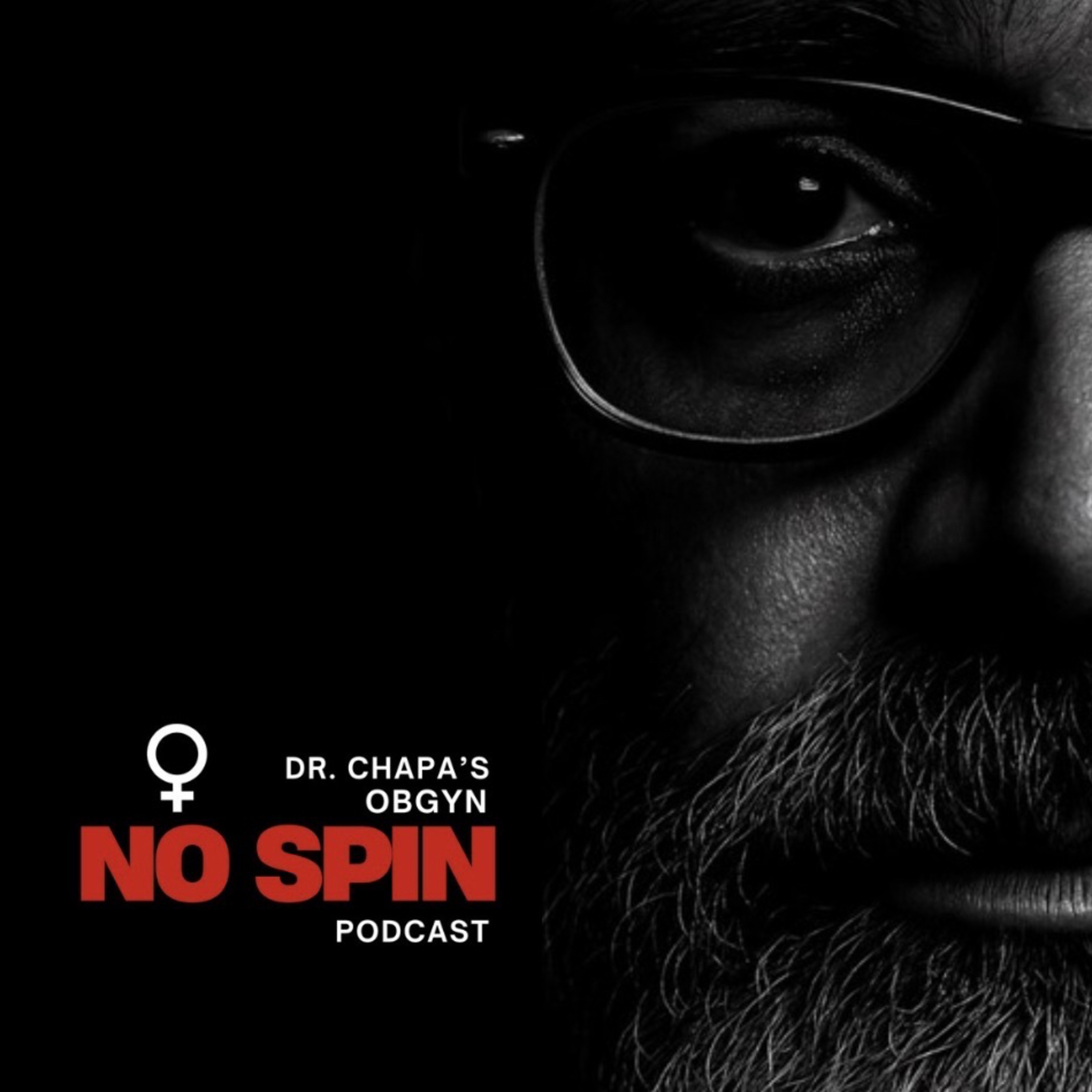

Dr. Chapa’s OBGYN Clinical Pearls
Dr. Chapa’s Clinical Pearls
Relevant, evidence based, and practical information for medical students, residents, and practicing healthcare providers regarding all things women’s healthcare! This podcast is intended to be clinically relevant, engaging, and FUN, because medical education should NOT be boring! Welcome...to Clinical Pearls.


